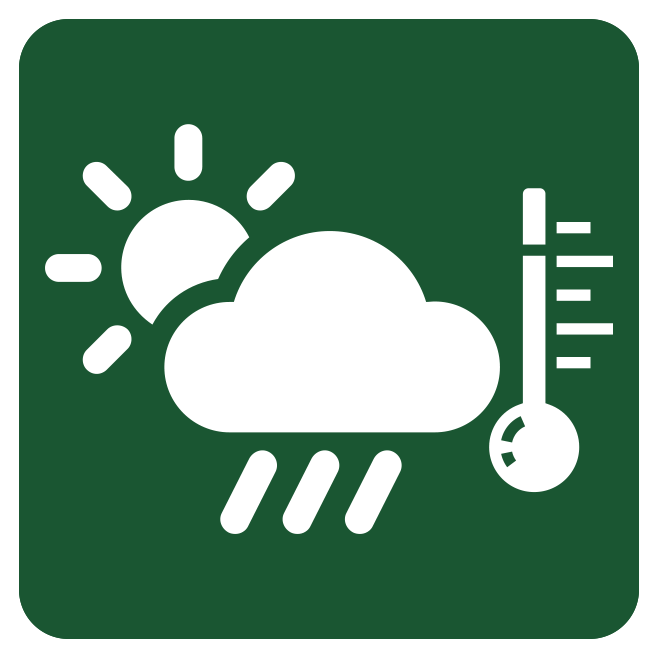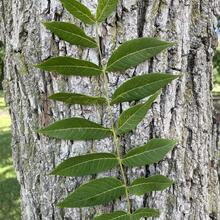Betula nigra
Betulaceae
More tolerant of urban conditions than other birches. Prefers cool, moist sites, but tolerates some heat and drought stress. Ornamental peeling bark. Commonly cultivated and planted.
Summary
 Climate Tolerance
Climate Tolerance
NA
Wildlife Benefits
Seeds food source for songbirds, gamebirds, mammals; bat roosting site; moth/butterfly host
Pollination Type
Wind
Plant Hardiness Zones
4 to 9
# Butterfly/Moths that use as host
317
Bloom Time
Spring (Feb-Mar)
 Shade/Sun Tolerance
Shade/Sun Tolerance
Part Shade: Receives 2-4 hours of direct sunlight, preferably in the morning
 Maximum Height
Maximum Height
Medium (40-75 ft)
 Growth Rate
Growth Rate
Rapid: 2 ft or greater per year
 Soil Type
Soil Type
Clay: Small sized particles. Long moisture retention and low nutrient availability.
Loam: Equal mix of clay, sand, and silt. Moderate moisture retention and high nutrient availability.
Silt: Medium sized particles. Moderate moisture retention and high nutrient availability.
 Soil Moisture Tolerance
Soil Moisture Tolerance
Moist: Soil can remain damp and does not normally retain standing water
Root - Fungal Association
Ectomycorrhizae: Symbiotic relationship with fungi that exist on outside of plant root cells, facilitating nutrient uptake
Pest & Pathogen Risks
Low; Resistant to bronze birch borer
 Urban Stress Tolerance
Urban Stress Tolerance
High: Tree can adapt to a variety of urban conditions and will grow well
Drought Tolerance
Tolerant: Tree will not become stressed during periods of drought
Coefficient of Conservatism
9
Native Status
OH-Native: Species is native to Ohio
NatureServe G-rank
G5
Plant Community Type
- Beech Mixed: Absent
- Oak Mixed: Absent
- Alluvial: Absent
- Red Maple Mixed: Absent
- Ruderal: Absent
- Urban Tree Cover: Common
Bloom Color
Brown
Green
Form
Tree
 Lifespan
Lifespan
Short: Less than 100 years
Soil pH
Circumneutral (pH 6.8-7.2)
Wetland Indicator Status
FACW: Facultative Wetland, usually occurs in wetlands, but may occur in non-wetlands
Soil Compaction Tolerance
Tolerant: Tree will not become stressed from soil being compacted
Heat Tolerance
Tolerant: Tree will not become stressed for increased temperature due to urban heat island effects
Salt Tolerant
Tolerant: Tolerant to both aerial salt spray and salt present in soil
Native County Status
Cuyahoga
Portage
IUCN Red List Assessment
Least Concern
